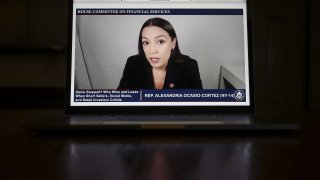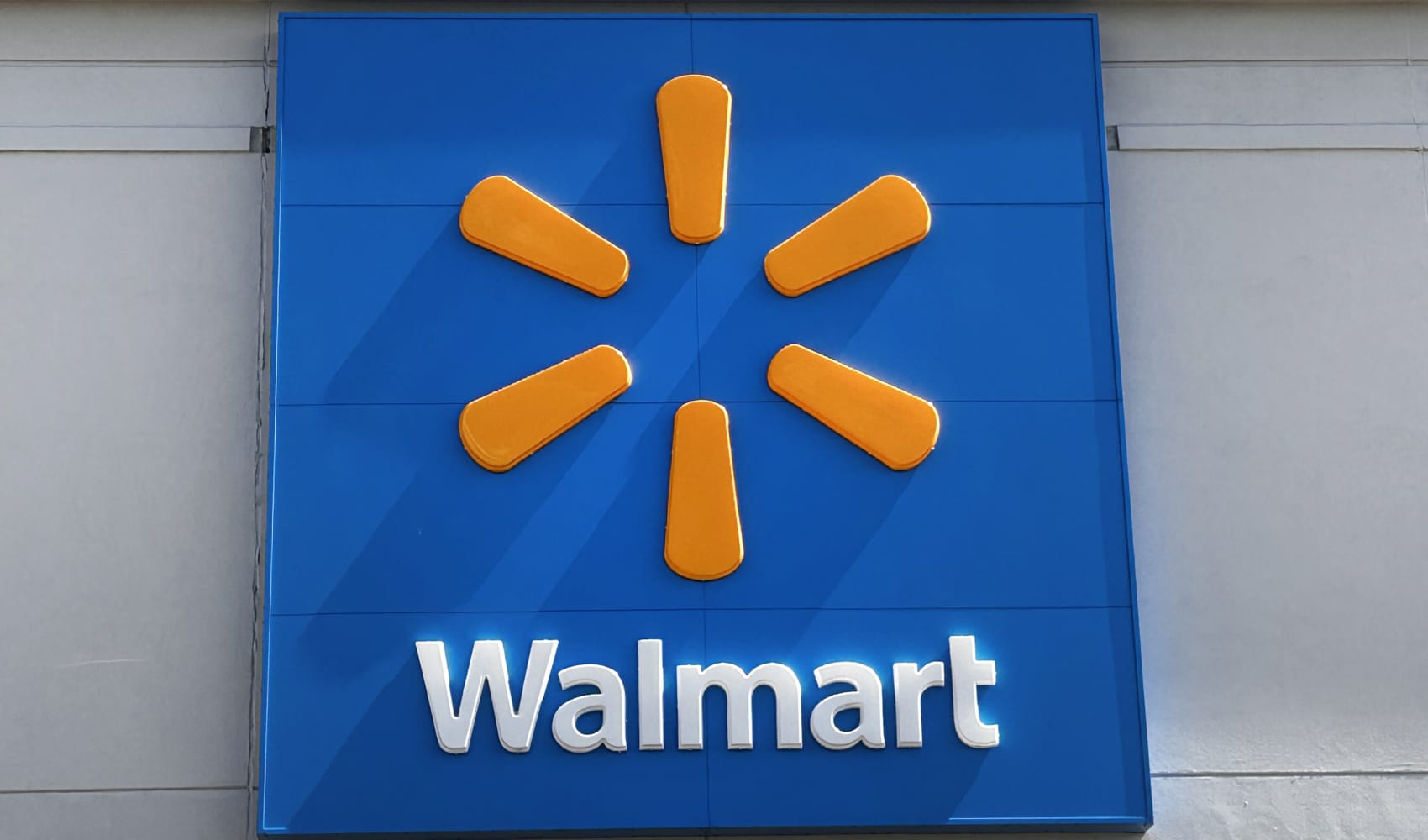
If Rep. Alexandria Ocasio-Cortez, D-N.Y., had her way, Robinhood customers would be getting more than just an apology from the trading app during Thursday's congressional hearing on the recent GameStop trading restrictions.
During a hearing called by the House Financial Services Committee, Ocasio-Cortez pressed Robinhood CEO Vlad Tenev to return revenue that the company generates from a system called payment for order flow.
"Earlier one of my colleagues, Rep. [Michael] San Nicolas [of Guam], said Robinhood owes its customers a lot more than an apology, and I happen to agree with him," Ocasio-Cortez said. "I believe the decisions made by you and your company have harmed your customers."
What is payment for order flow?
Get Connecticut local news, weather forecasts and entertainment stories to your inbox. Sign up for NBC Connecticut newsletters.
Payment for order flow is a practice that many brokerages use where they receive a payment from a third party, generally a market maker, for directing a trading order to them. Market makers are typically large banks or financial institutions that essentially act as wholesalers to buy and trade securities, sometimes from their own inventory. Big names include firms such as Citadel Securities, Two Sigma Investments and Virtu.
Let's say you want to buy a share of Apple stock, which is currently selling for about $130 per share. In many cases, the brokerage doesn't immediately buy it on an exchange on your behalf. When you hit the trade button, a brokerage like Robinhood that uses the payment for order flow process will take your order and reroute it to a market maker, which will pay the brokerage — usually on a per-share basis — for the opportunity to complete the order.
The system allows brokerages to manage thousands of orders by sending them off to be executed by a market maker. This keeps costs low for the brokerage because there's less of an expense to execute the trade. The market maker benefits because because it handles a higher trading volume.
Money Report
The payment for order flow process matters because it's how Robinhood makes the majority of its revenue, according to Tenev's testimony on Thursday. It's not just Robinhood; many major brokerages, including Charles Schwab, E-Trade and TD Ameritrade, all generate significant revenue from payment for order flow.
In his testimony, Tenev said that Robinhood's customers benefit from payment for order flow because they typically get a better deal than the best publicly available price.
"Robinhood Securities regularly evaluates its counterparties and routes customer orders to those market makers that can provide the best execution quality on those orders," Tenev said.
Payment for order flow has its critics
While the payment for order flow process has its upsides, critics say it may not be in the best interest of customers.
Ocasio-Cortez pointed out that in a 2016 report, the U.S. Securities and Exchange Commission found that the payment for order flow process created "a potential conflict of interest" with a brokerage's duty to execute trades to the best possible standard and to maximize the payment for order flow. There has been criticism that this situation gives brokerages an incentive to increase the amount that their customers trade, even if it's not in their best interest.
One of the ideas the commission floated in 2016 to address these conflicts of interest, Ocasio-Cortez said, was to require that brokers pass on the proceeds from the payment for order flow to the customers.
"Would you be willing today to pass on the proceeds of your payment for order flows to Robinhood customers?" Ocasio-Cortez asked Tenev. Instead of responding directly, Tenev took the opportunity to explain the situation.
Not a simple solution
The solution proposed by Ocasio-Cortez sounds easy, right? If payment for order flow causes conflicts of interest, just pass the proceeds onto the customer.
But Tenev said that the 2016 SEC report and its proposed recommendations were issued before many brokerages moved to free commissions. He implied that the recommendation was out-of-date.
"Payment for order flow, Congresswoman, allows for commission-free trading. It's a much larger source of revenue [now] than in the past," Tenev said.
"Robinhood is a for-profit business and needs to generate some revenue to pay for the costs of running this business," Tenev continued. "People were initially skeptical the model, even with payment for order flow, would work when you remove commissions. I think we've proven this otherwise by making this the standard by which brokerages operate now."
Ocasio-Cortez said she was taking Tenev's answers to mean that he wasn't willing to give customers the proceeds of Robinhood's payment for order flow revenues. She said that raised the question as to whether $0 commissions were really free.
"If removing the revenues from payment to order flow would cause the removal of free commissions, doesn't that mean that trading on Robinhood isn't actually free to begin with because you're just hiding the cost — the cost of poor execution or the cost of rebates to your customers?" she asked.
Because of timing, Tenev did not have an opportunity to respond. Maxine Waters, chair of the House Financial Services Committee, said that there would be additional hearings to continue to dig into the situation and determine if additional legislation or regulation is needed.
Check out: The best credit cards for building credit of 2021






